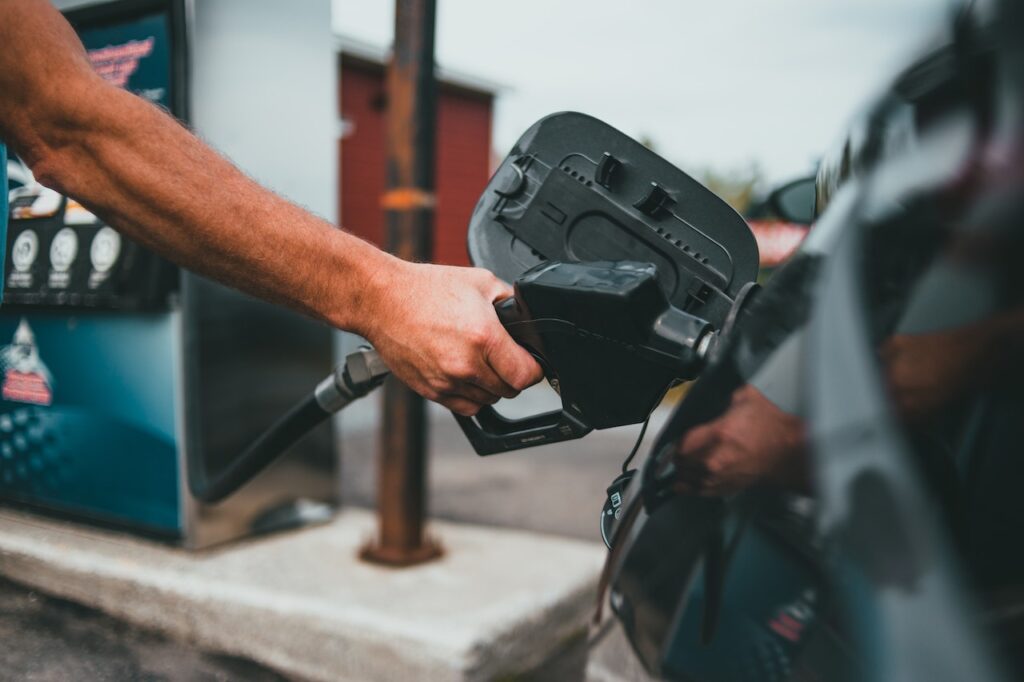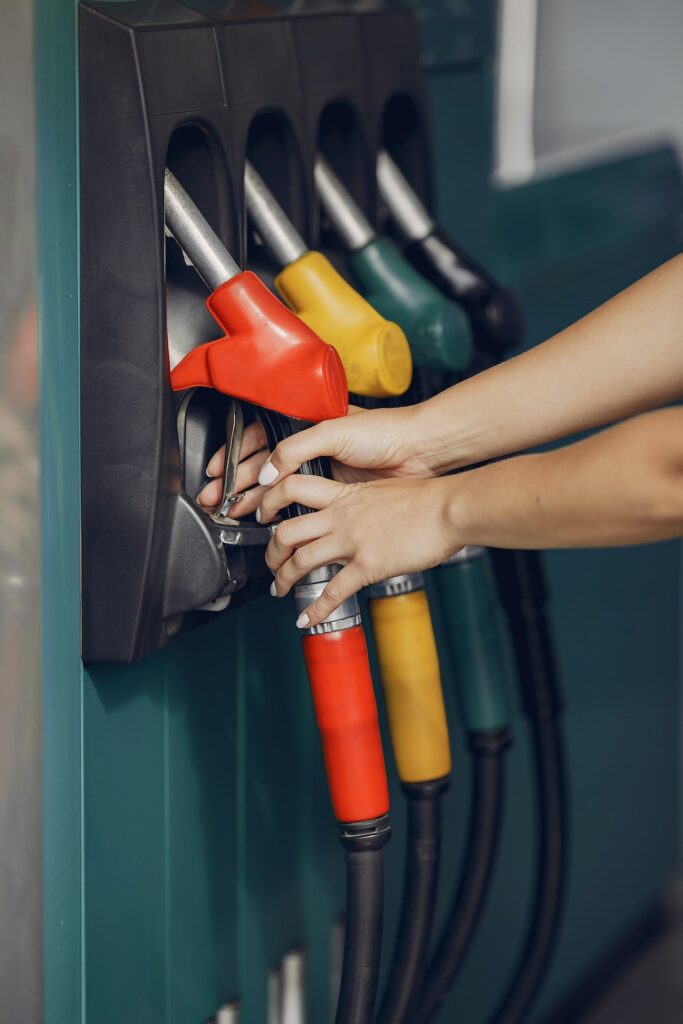As the cost of conventional fuels skyrockets, and the range anxiety of electric vehicles still lingers, many drivers are exploring an intriguing alternative: LPG or liquefied petroleum gas. In this article, we dive deep into the world of LPG, uncovering its origins, benefits, and whether converting your car to run on this eco-friendly fuel is the road to sustainability.
LPG Unveiled: What is it and How is it Produced?
LPG, or liquefied petroleum gas, is a fascinating ‘liquid gas.’ This versatile fuel emerges from the processing of natural gas liquids and the refinement of crude oil. While its name might suggest otherwise, it’s actually a clear gas that transforms into a liquid under specific conditions, making it storable in specially designed-vehicle tanks. Most petrol cars can undergo a conversion to become “dual-fuel vehicles,” capable of running on both LPG and traditional petrol.
The LPG Advantage: Fueling Savings
One of the most compelling aspects of LPG is its cost-effectiveness. LPG typically costs about half as much as petrol, making it a wallet-friendly choice. While LPG-powered vehicles may not significantly outperform traditional vehicles in terms of fuel efficiency, the potential for substantial savings on fuel bills is evident. Once the initial conversion investment pays off, your budget will thank you for the extra breathing room.

Partnering with ScrapMyCar.net for a Greener Tomorrow
At scrap my car, our commitment to green automotive choices is unwavering. LPG embodies this commitment by offering financial benefits and environmental advantages. Vehicles running on LPG emit fewer CO2 emissions than their traditional counterparts, contributing to a cleaner planet. By responsibly retiring end-of-life vehicles and recycling their components, we actively reduce the ecological footprint of the automotive industry.
Navigating the LPG Landscape: Why Adoption Lags
Despite its appeal, LPG remains underutilized as a fuel option for cars in the UK. Several factors contribute to this, including limited incentives from the UK Government. While LPG-converted cars may enjoy some tax benefits, they are relatively modest. Additionally, the scarcity of LPG filling stations presents a significant challenge. It’s a classic “chicken and egg” scenario: without more LPG vehicles on the road, there’s little incentive for filling stations to provide this alternative fuel.
LPG Accessibility: Bridging the Gap
Access to LPG fuel can be a hurdle for potential users. Although there are approximately 1,400 LPG refuelling stations across the UK, compared to around 8,500 conventional filling stations, accessibility remains an issue, particularly in rural areas. However, technology has come to the rescue. Digital tools and mobile apps now make locating LPG providers more convenient. Major fuel station chains, including Shell, BP, and Esso, along with select supermarket petrol stations, now offer LPG.

Weighing the Pros and Cons of LPG
Pros:
- Cost savings compared to petrol and diesel.
- Reduced CO2 emissions for a greener environment.
- Quieter engine operation.
- Lower risk in case of leaks, as LPG evaporates.
Cons:
- Initial conversion costs can be relatively high.
- Maintenance and repairs may entail added complexity and expenses.
- Limited availability in certain regions.
Is LPG on your radar as a vehicle fuel option? Share your thoughts and experiences in the comments below. Let’s join forces to explore eco-friendly alternatives for a sustainable and cleaner future on the roads.
